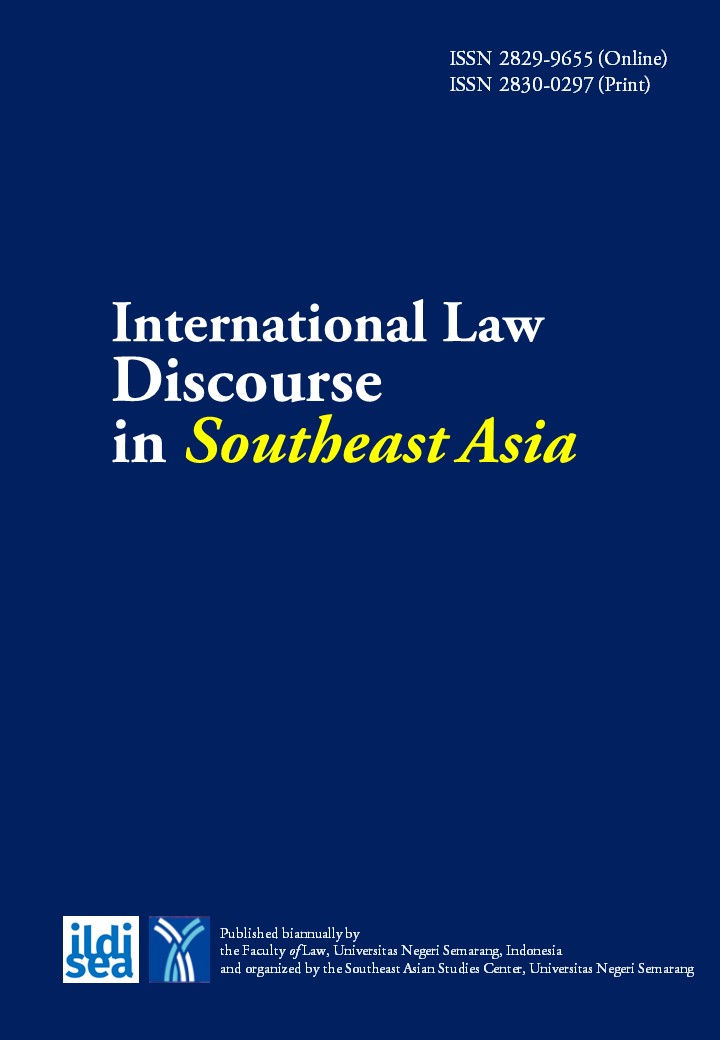Human Rights and Relativism Through the Lens of Developing Nations Case Study of Indonesia’s Ratification on CEDAW
Main Article Content
Abstract
Universalists argue that human rights as laid out by current human rights law embodies universal ideals and rights that are universally relevant and applicable to all people. However, some relativists have questioned this idea, pointing out that ethical systems should evolve in the context of local cultures and not assume its universal applicability. It arises a question whether human rights indeed a universal concept that should be assumed to all nations irrespective of its cultural differences. Especially in the context of most developing nations that have their own cultural philosophies and societal conducts, it is intriguing to assess how does the "universal applicability" of human rights fare within the local enforcement of human rights treaties. This research will be normative legal research as it will analyze the legal aspect of relativism in the perspective of developing nations in its relation to the enforcement of human rights within the existing treaty that encompasses of Universal Declaration of Human Rights, and Convention on the Elimination of All Forms of Discrimination against Women. This article argues that "consent" of the intended groups that the human treaties wanted to protect matters to bridge the difference between the two concepts.
Article Details

This work is licensed under a Creative Commons Attribution-ShareAlike 4.0 International License.
References
Boas, Franz. 1901. “The Mind of Primitive Man.” Science 13 (321): 281–89.
Ching, Julia. 1977. Confucianism and Christianity: A Comparative Study. Tokyo: Kodansha International.
Engle, Karen. 2001. “From Skepticism to Embrace: Human Rights and the American Anthropological Association from 1947-1999.” Human Rights Quarterly 23 (3): 536–59. http://www.jstor.org/stable/4489347.
Good, Colleen. 2010. “Human Rights and Relativism.” Macalester Journal of Philosophy 19 (1): 27–48.
Ishay, Micheline R. 2008. From Ancient Times to the Globalization Era. 2nd ed. University of California Press. http://www.jstor.org/stable/10.1525/j.ctv1xxscm.
Kohona, Palitha T. B. 2005. “Some Notable Developments in the Practice of the UN Secretary-General as Depositary of Multilateral Treaties: Reservations and Declarations.” American Journal of International Law 99 (2): 433–50. https://doi.org/10.2307/1562508.
Pagden, Anthony. 2003. “Human Rights, Natural Rights, and Europe’s Imperial Legacy.” Political Theory 31 (2): 171–99. http://www.jstor.org/stable/3595699.
Pellet, Alain. 1996. “Second Report on Reservations to Treaties.” http://www.un.org/law/ilc/index.htm.
Taylor, Charles. 1996. “A World Consensus on Human Rights.”
